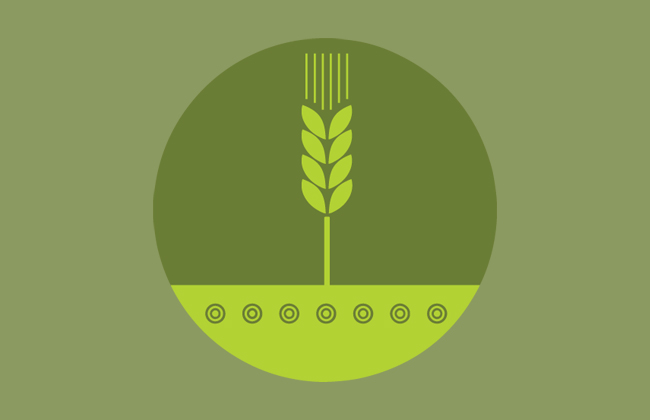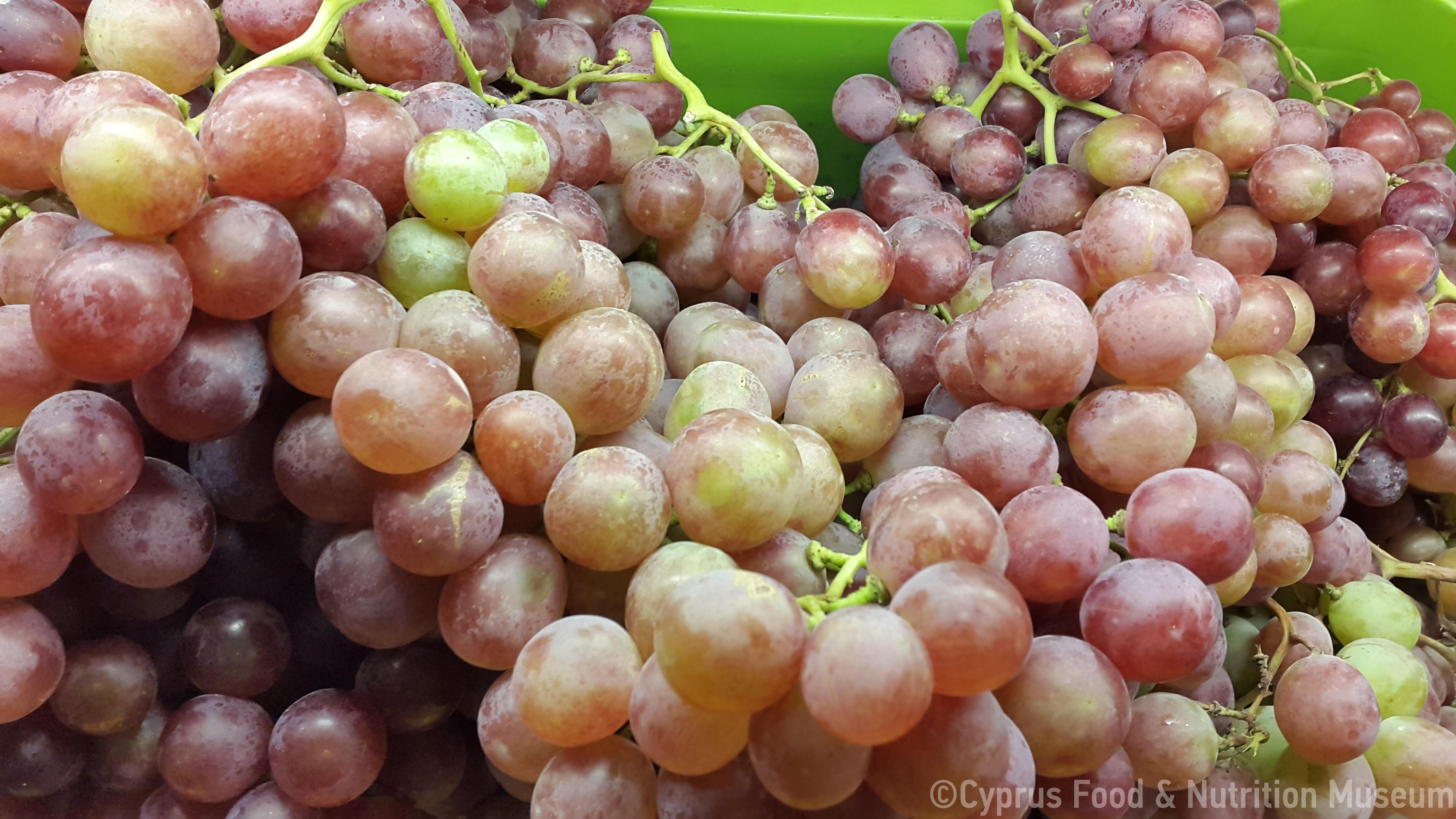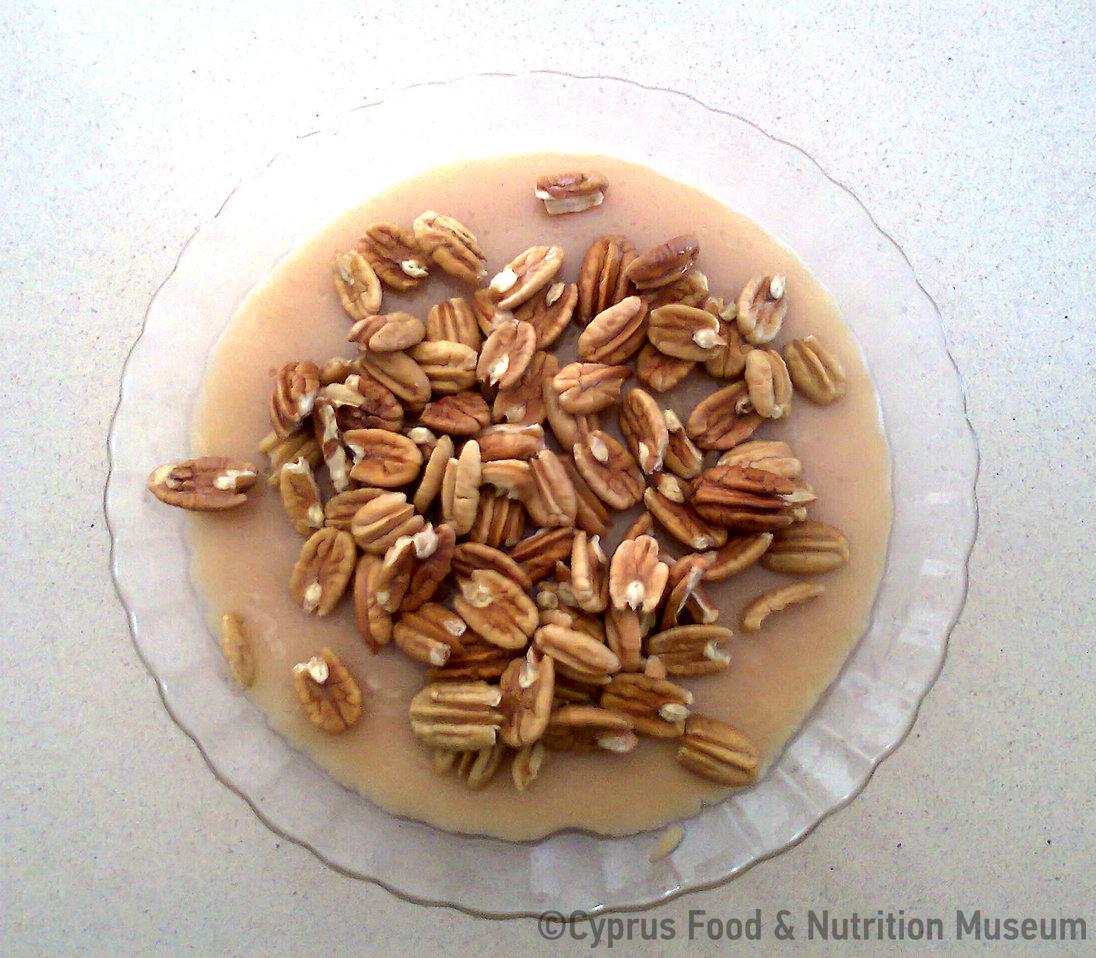Dekáti (decatía) was the payment to the authorities of one tenth of all the produce that a farmer produced in a year. Such products were wheat, barley, grapes, olives, sesame, tobacco, cotton, silk, wine, fresh fruit and even animals.
Name - Origin
This is a tax on agricultural products, collected in produce (Yangoullis 2009, entry 10, 132; Ioannidis-Georgiadis 2000, 95). Ioannis Ionas writes the following about dekati: "During the Ottoman period a tax on production was imposed, known to farmers by the name of dekatía. This tax was initially set to 5% and later to 10%, but was subject to extraordinary increases that could reach up to an additional 8%.
During the years of the British rule, the tax continued to exist until the 1920s under the name “dekatia".
The tax of dekatis was mainly applied to cereals, which were the most important production item on the island. The calculation of the tax was carried out on the spot, before the produce would be transported and stored in the producers' barns. Other products, such as grapes, wines, olives, etc., were also subject to the dekatia. In the early days of British rule, dekatia on carrobs was paid by the exporters at the customs in cash. Similarly, the payment of dekati on cotton and silk was shifted and turned into an export tax (Ιonas 2001, 34-37, 59-61).
Functional and symbolic role
Dekati was a big blow for Cypriots, especially in periods when the harvest was poor, due to various factors that often affected the island, such as droughts, hailstorms and the invasion of locusts (Ioannidis-Georgiadis 2000, 95).
Additional information and bibliography
Ioannidis P. - Georgiadis A. (2000), Τρίκωμο: Το Κεφαλοχώρι της Καρπασίας (Παραδοση - Ιστορία - Άνθρωποι), τ. Α΄ (1900 BC - 1878 AD), Nicosia.
Ionas I. (2001), α παραδοσιακά επαγγέλματα της Κύπρου, Publications of the Centre for Scientific Research, XXXVII, Nicosia.
Eleni Christou, Tonia Ioakim, Argyro Xenophontos



